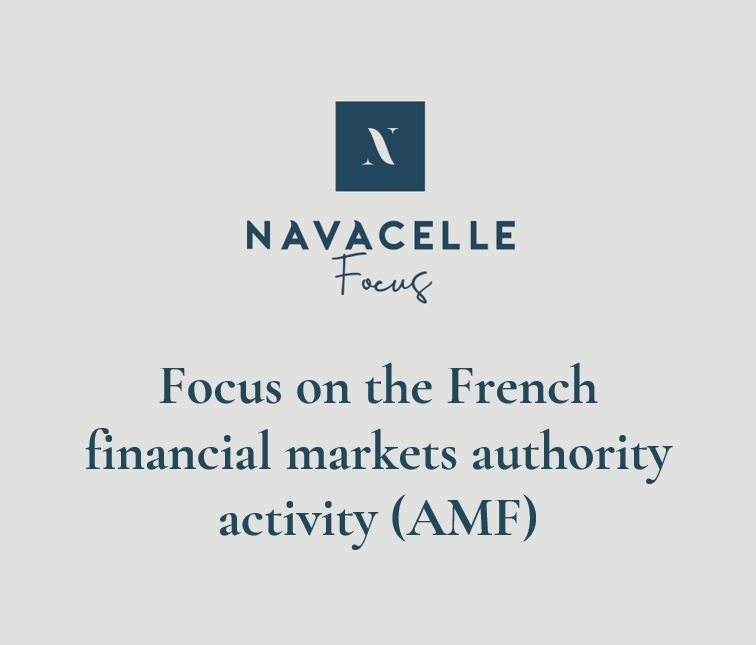Three months after agreeing to settle for 1.3 billion dollars in the Libyan and LIBOR case 1, Société Générale signed another Deferred Prosecution Agreement (“DPA”) on November 18, 2018, with the US Attorney’s Office of the Southern District of New York (“SDNY”) for Cuba’s embargo violation 2.
Extraterritorial application of U.S. laws on embargo
As a matter of international law, an embargo should apply only to nationals of the concerned State or the nationals of the States imposing the measure, who must refrain from any commercial exchange with the State or entities subject to the measure says the leading French legal publication 3. The general sentiment in France is that in the case concerning Société Générale, the US have gone beyond that principle.
Sanction of the French bank justified by the use of the U.S. trade system
Put in place in 1962, the embargo on Cuba prohibits in particular most imports and exports between the U.S. and Cuba and has been strengthened several times 4. As a unilateral decision, it is supposed to be applicable only to US nationals.
By stating however that Société Générale “engaged in a deliberate practice of concealing the Cuban nexus of U.S. dollar payments that were made in connection with those facilities” 5 the agreement enshrines the US dollar as the tool of one of the US’s exports.
In the Société Générale case, the French bank has been accused of having, from 2004 to 2010, granted payment facilities to Cuban entities and hidden transactions, that should they have been revealed, would have been prohibited by the Office of Foreign Assets Control (“OFAC”).
Nearly 2,500 transactions occurred and are presumed to have used the U.S. trade system, amounting to a total of 13 billion dollars. Most of these transactions financed oil purchases or sales between a Dutch trading company and the Cuban state-owned company with a monopoly on crude oil production and refining.
The investigations revealed that a majority of the transactions were put an end to in 2007 in fear of the US authorities, which were at that time investigating violations of the Iranian embargo in various companies.
European companies and French banks in particular, have already faced investigations by US authorities and this is not the first time that such a fine is imposed. On June 30, 2014, BNP Paribas accepted to pay a 8.9 billion fine for violation of the U.S. embargoes on Cuba, Sudan and Iran 6 and in October 2015, Crédit Agricole, faced with similar charges, negotiated a 787 million dollar deal 7.
Economic and legal battle
More recently, on May 2, 2019, the US government reactivated Title III of the Helms-Burton Act, passed in 1996 but never implemented 8, paving the way for claims to be brought before US courts by US nationals against foreign persons and entities that have made profits by trading with nationalized Cuban companies.
This law enables proceedings to be brought against any foreign company (including European and Canadian) that manage business in Cuba – from hotel and tourist venues to rum distilleries and cigar factories 9.
At the announcement of this DPA and considering the application of unilateral measures against Cuba running contrary to international law, the EU has decided to react and threatens to bring the case before the World Trade Organization – marking a short-lived attempt at a recast of the global economic and legal landscape 10.














